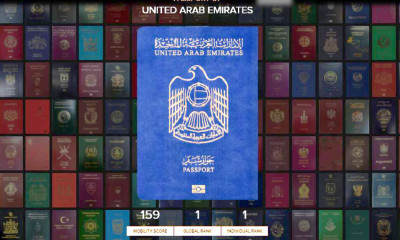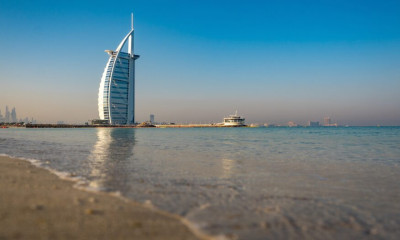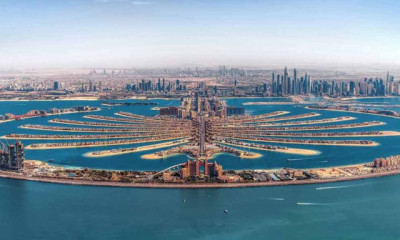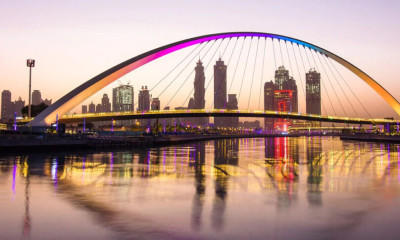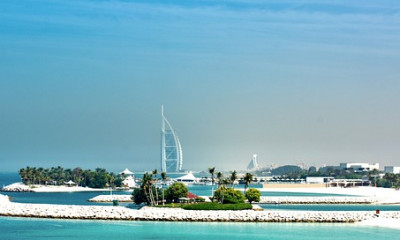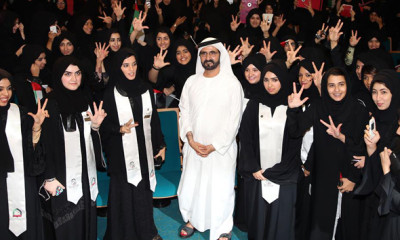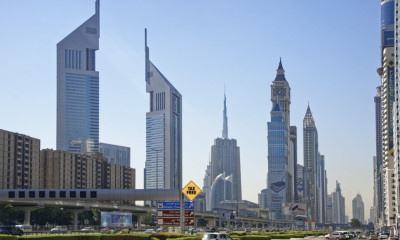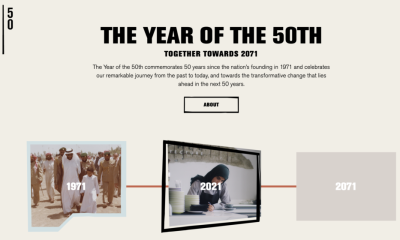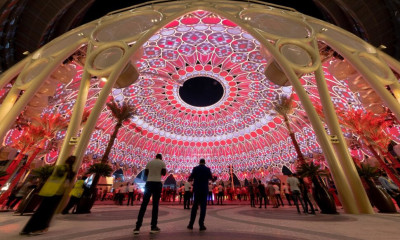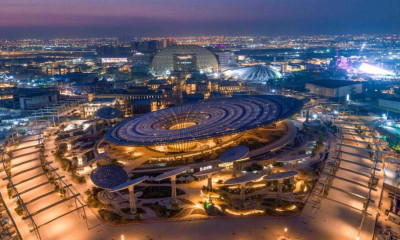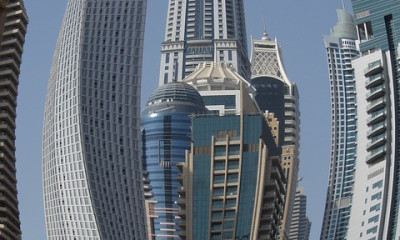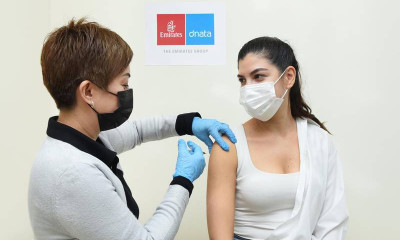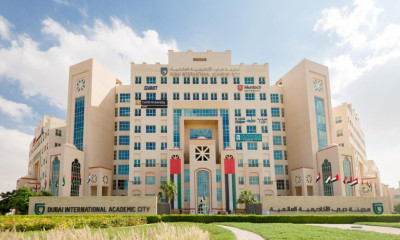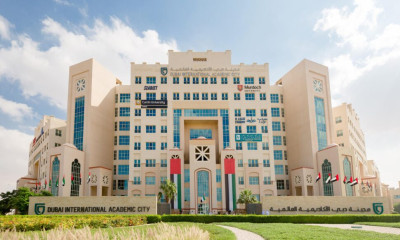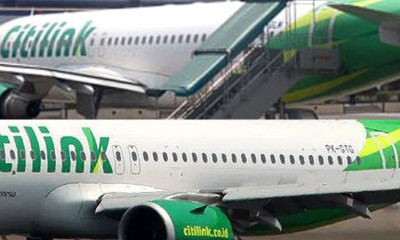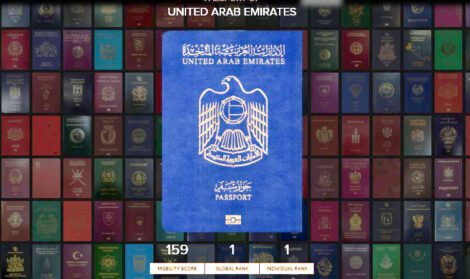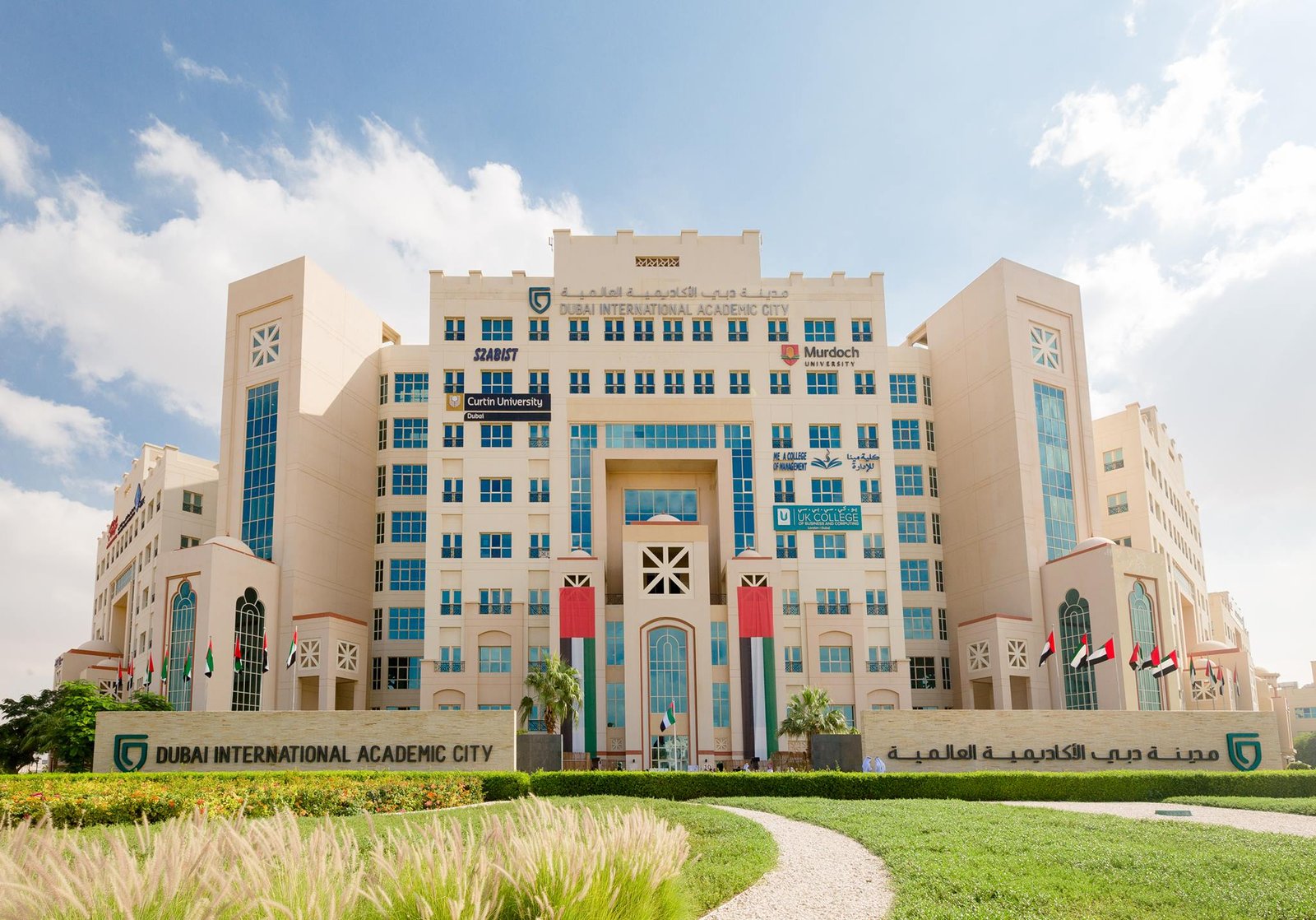
Dubai’s position as a global hub for higher education has now been further underlined by the UK’s University of Birmingham launching is campus in the emirate. Not a “branch campus”, as its officials insist, but a full-fledged campus of the 121-year-old University of Birmingham, ranked 90th in the QS World University Rankings 2022 and 14th among universities in the UK.
The University of Birmingham Dubai (UBD) has opened a state-of-the-art campus in Block 2 at the Dubai International Academic City (DIAC).
The university has been officially licensed from September 2019 to September 2026 by the UAE Ministry of Education and will award degrees/qualifications in higher education.
Top global varsities in Dubai
Dubai is already home to top international universities from major cities in the world.
American University in Dubai
The American University in Dubai is a private university started life as a branch campus of American InterContinental University, in Atlanta, Georgia (US). Based in Dubai, next to Dubai Media City, Dubai Internet City and the Palm Islands, the AUD has both US and UAE accreditation for all its programmes.

The university is organised into the following departments: School of Architecture, Art and Design; School of Arts and Sciences; School of Business Administration; School of Education, Mohammed bin Rashid School for Communication; and School of Engineering.
University of Wollongong in Dubai
The University of Wollongong in Dubai is a private university located in the Dubai Knowledge Village, founded as a branch campus of Australia’s University of Wollongong in 1993. UOWD offers a range of undergraduate and postgraduate programs including finance and accounting, business and management, engineering and information studies and arts and humanities (postgraduate). The university has a dedicated Language Studies Centre (LSC) offering a range of language courses and communication development programs.
British University in Dubai
The British University in Dubai is a postgraduate university that works in partnership with the University of Edinburgh, University of Manchester, Cardiff University and King’s College London. BUiD is located in the Dubai International Academic City and offers accredited programmes in subjects including business administration (MBA), informatics,
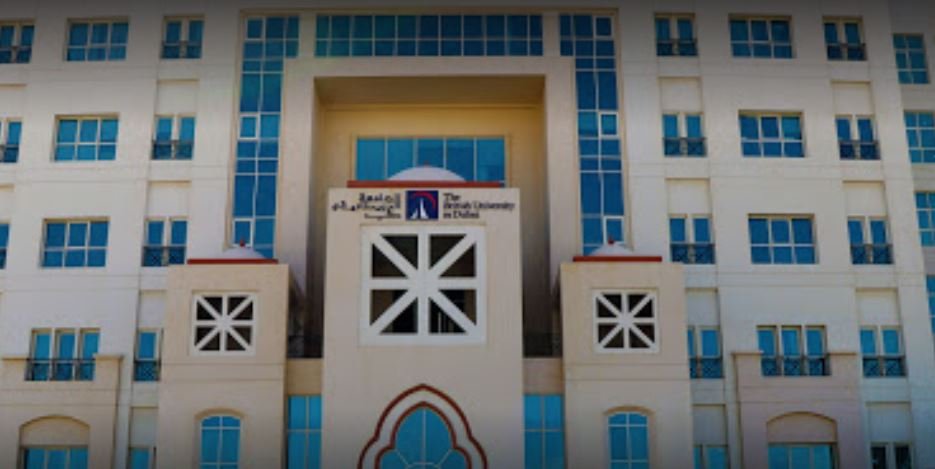
information technology management, project management, education, finance and banking, architecture and sustainable built environment, human resource management, systems engineering, construction law, intelligent buildings design, construction management.
What the University of Birmingham Dubai offers?
Degrees awarded by Dubai campus are recognised in the UK and accredited by Dubai’s education regulator, the Knowledge and Human Development Authority (KHDA).
Courses include undergraduate and postgraduate degrees in business management, computer science, economics and mechanical engineering.
The University of Birmingham, Dubai, has created an efficient and easy-to-use library space for students at its new campus, beginning autumn 2021.
Also, teacher-training degrees.
Dubai campus
“Intelligent campus” embedded with cutting-edge technology to deliver a world-class physical and digital experience.
In Phase 1, the campus will move to a new, larger purpose-built facility in 2021, with a capacity of about 4,500 students.
The University of Birmingham, Dubai, has created an efficient and easy-to-use library space for students at its new campus, beginning autumn 2021.
It has been supplied with 1,000 linear metres of library shelving for the new campus, but only a third of this will be installed initially, with the rest stored and used to expand the library as student numbers grow.
The initial installation will hold around 10,000 books, but eventually, stock over 36,000 books to serve students at the iconic new campus.
This campus will encourage students to carry research in interdisciplinary teams across all academic subjects.
Flexible study spaces will ensure students a learning environment along with a sheltered courtyard and purpose-built student housing community.
Fees at UBD
Tuition fees for 2021/22 range from Dh108,810 per year of study to Dh131,688. Tuition fees can be paid in three instalments per year. For the detailed course-wise fee structure go to https://www.birmingham.ac.uk/dubai/study/courses/index.aspx
At the Birmingham campus, the full-time standard international student fees for 2018-2019 had been between £17,520 (Dh89,700) and £36,840 (Dh188,600) for undergraduates.
University of Birmingham, alumni of achievers
Great Britain’s first “civic” or ‘red brick’ university handles 5,000 international students from over 150 countries.
The university’s researchers have received 11 Nobel Prizes for works on organ transplants, gravitational waves, cancer, robotics and structure of DNA
The university is renowned for its research excellence and its researchers have received 11 Nobel Prizes for pioneering works on organ transplants, gravitational waves, developing cures for cancer, advances in robotics and revealing the structure of DNA.
The Times Higher Education World University Rankings ranked Birmingham 112th out of 1,400 universities across the globe, using 13 performance indicators. The university in the UK is home to 26,000 students, 5,000 of them international.
The student population includes 23,155 undergraduate and 12,605 postgraduate students, which is the 7th largest in the UK (of 169).
About 31 per cent of its academic staff is also from overseas.
Students can pursue 450 undergraduates.
Today, the university cites nanotechnology, gene therapy, virtual reality and robotics as being at the forefront of its research priorities.
The annual income of the institution for 2019–20 was £737.3 million, of which £140.4 million was from research grants and contracts, with an expenditure of £667.4 million.
The second most frequently targeted British university for UK’s top employers looking for graduate recruits, as per ‘High Fliers’ research
Dubai International Academic City (DIA)
DIAC is the world’s largest free zone dedicated to higher education.
Since it opened in 2007, DIAC hosts 26 universities from nine countries offering 500 undergraduate, postgraduate and PHD programmes to 25,000 students representing 149 nationalities.
State-of-the-art facilities in the mini-city are spread across 18 million square feet. KHDA’s classification of universities is based on four core categories of Teaching, Research, Employability and Internationalisation.
All universities in Dubai free zones are accredited by the UAE Ministry of Education’s Commission for Academic Accreditation (CAA).



